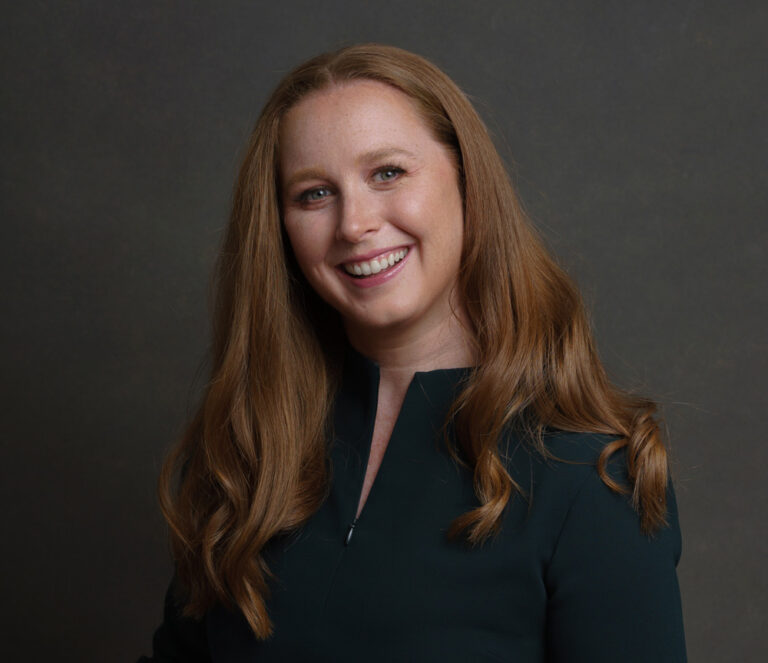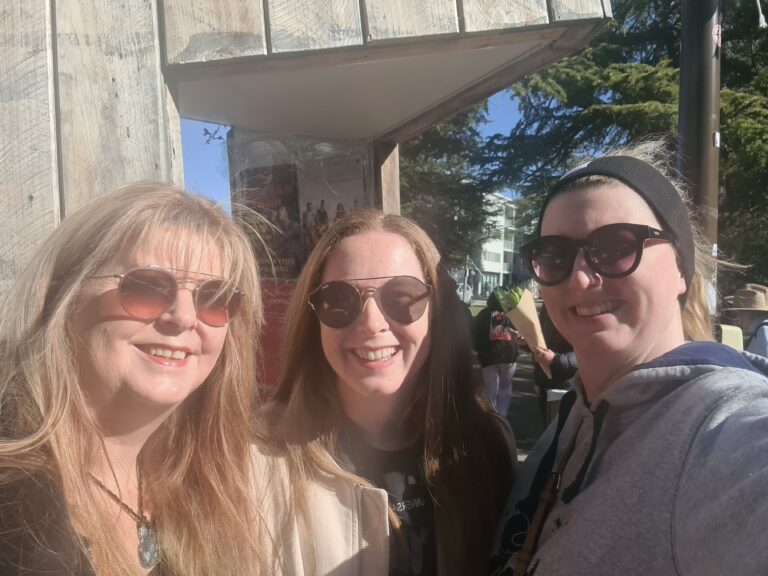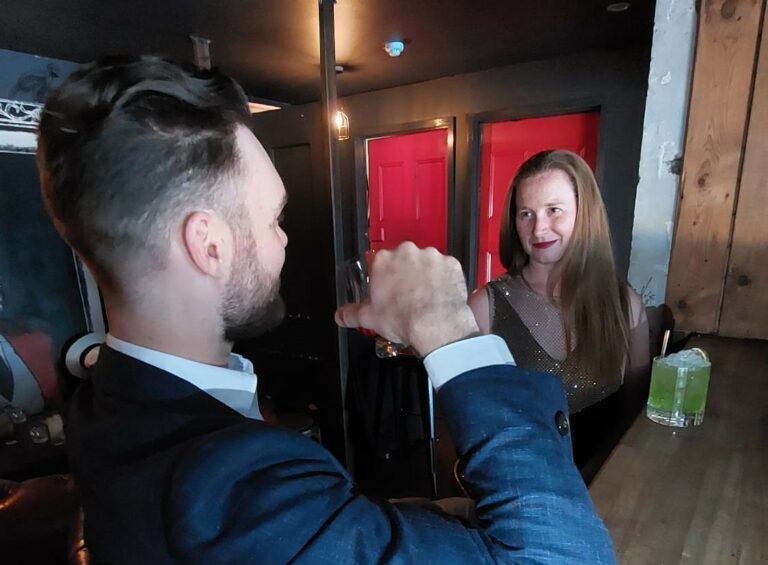By January 2017, after ten months, my treatment for cervical cancer was complete. Chemo and radiation – check, brachytherapy (wow what a ride), a surgery to move my ovaries and it was all summed up with a hysterectomy. A further three months on and I got the ‘all clear’. That day felt like I had been underwater for a minute too long, and I came up gasping for air. Looking in the mirror I saw a shell of my former self. That was ok, all I had to do the months prior was exist and follow the doctors’ instructions. So, what now. I felt betrayed and disconnected from my body, I was grieving the child I wouldn’t ever conceive, and I couldn’t look at myself in the mirror. Don’t get me wrong, I was beyond grateful that I was still alive but there was some guilt wrapped up in that as well. I was looking around for guidance on what to do next and felt very alone. I think there’s a lot of information during the stages of diagnosis and treatment, but once you’ve survived, the majority of information is very generic and not tailored to the realities of your cancer experience. In particular, the awkward and uncomfortable things people just don’t talk about or even tell you about so you can anticipate it.
That’s why I created Lustre Me, to try and bridge that gap and create a channel to share information to help you get your spark back. So that you can look in the mirror and see that glimmer in your eye – there you are, you’re still in there.
I experienced a lot of trial and error over the next eight years finding my way back to me. Thankfully I feel better than ever. I’ve stepped into my power and feel the positive energy radiate from within. I’m a big believer in keeping things simple and manageable for the point of life you’re at. Don’t rush and be kind to yourself. Cancer is unique to the individual. We all have different circumstances that we’re navigating, so tailoring your approach is essential. Information overload can be unhelpful and just leave you with analysis paralysis. I remember sitting down one day and trying to set out my ‘ideal day’ that included the practices that I felt would serve me best. You know what I ended up with? An overworked intense schedule of to do’s that felt impractical and unsustainable. I was exhausted just looking at the page I had written it on. So for this post I’ve broken down some of the things that worked for me into bite-sized pieces. I hope you find a couple of takeaways that you can put into practice and they make as positive a difference for you as they did me.
Mind
- I’m a big advocate of therapy, engaging with professionals on a number of occasions throughout my life. It’s important that you find a therapist who is the right fit for you and what you’re looking to work through. Don’t be deterred if that takes a few tries. At the time I was diagnosed, the hospital provided a list of psychologists who worked in the cancer space. In addition to the diagnosis, I was struggling with the loss of fertility. Desperate to see someone to talk to, I booked with the psych who could give me the earliest available appointment. Coincidentally this was with a male. Prior to my appointment I wondered whether a woman would have been a better option, with a greater understanding and ability to empathise with what I was going through. I couldn’t have been more wrong. Dr John Barletta was an incredible sounding board, source of information and suggestions on strategies to understand what I was experiencing and how I could work through it all. I continued to see Dr Barletta throughout my treatment and had a number of check-ins, in the years that followed. I will be forever grateful for the conversations we had and the skills I took away from them.
The all or nothing mindset. One of the most profound skills I’ve developed post cancer is the ability to give myself permission to take my time and not expect instant results.
- When I was able to allow myself the time and space for consistency, the results followed. This is a skill that took practice and something I continue to maintain. It’s easy in the hustle and bustle of our world to get caught up in the pace. I still have to regularly remind myself and give myself permission to step away and do things my way. I really resonate with the 1% better everyday concept. It’s so simple and powerful. I think for most people, irrespective of what we have going on in our lives, 1% is a manageable and attainable goal. It could be as simple as making your bed, putting on an outfit that makes you feel good, or stretching for 5 mins. Choose your own adventure, but keep it simple. Don’t aim to hit the gym 5 days a week or commit to an intense yoga regime straight off the bat. It’s the little things that add up to make the biggest difference.
- Being kind to myself. This one was tougher than expected but also incredibly powerful. Oftentimes, I find there are so many great concepts out there on how to address a variety of things we’d like to work on. But how you actually put them into practice can feel vague. I also found starting out some of these practices super awkward and cringey. So what worked for me? I was very cynical at first, but wouldn’t you know it, the classics are effective. I found having one or two affirmations that really resonated, in places I could see and consciously making it a practice to read them out loud worked. The affirmations will change over time as you evolve and feel them at your core. Two of my favourites in the last couple of years include ‘I will leave this earth, becoming who I know deep within I am supposed to be’ and ‘I am my own soulmate’. Learning to truly look at myself in the mirror, really see me and speak to myself kindly (whether out loud or internally) was so cringey and difficult to start with. Persevere it’s worth it. Each time will get a bit easier and when you find comfort and can hold that space for yourself, it’s pretty amazing.
Body
- In hindsight, I would have really benefited from someone talking me through the physical changes I could expect within my body and ideas on how to navigate them. I received bits and pieces of information during appointments that were focused on other heavy topics or during a treatment. It was typically anecdotal and lacked any real guidance. I think having dedicated time to talk through this topic after your treatment would have significant positive impacts on your recovery. This may be something you did experience which is fantastic. But I do wonder whether a lot of this information is siloed between the specialists, and do our doctors have that in-depth insight. I imagine that would rely on feedback from patients about things people don’t really like to share, talk or even ask about.
- Movement is everything. We all know that moving your body has a profoundly positive impact on all aspects of our being. It’s also recommended when you’re going through treatment. Throughout my life I have been very active. I’m fortunate that I enjoy it and don’t find it a chore. I’ll be honest though, all that went by the wayside when I had cancer. All my energy was used going to work, attending my appointments and trying to feel ok. Faking it til you make it, as well as humour worked for me and helped me to feel more positive. Again, that all took energy and when I was at home I was just trying to exist.
In retrospect, applying the 1% better everyday approach would have helped. I would have reached out to friends and asked that they walk around the block with me or something similar.
- Pre cancer I would often do high intensity training and go to the gym regularly. Post cancer, I felt bloated, weak and just crap. I figured yoga might be a good way to ease back into things. Well I accidentally signed up to a power yoga class and my instructor looked like a GQ model. Surrounded by the mirrors in the studio, feeling like absolute shit and with the yoga poses releasing some of that pent up emotion, I cried a few silent tears into the yoga mat. Physically worn out, I left feeling proud that I didn’t walk out and that I had made a start. I returned a few days later and then again. I did wise-up though and made sure to sign up for a mix of gentler classes. I’ve since discovered a real love for yoga. I’m not always consistent in my practice but firmly believe that no matter your ability, preferences for movement or interest in sport, there is a yoga class for you. In my experience it’s also a profoundly positive and supportive community that’s benefited me greatly during my recovery and continues to do so.
- In an earlier post – ‘let’s talk about sex’, I talk about how disconnected I felt from my body after my treatment. This was no joke. I felt completely betrayed. I imagined my insides were a barren wasteland after the radiation and I couldn’t even touch my abdomen, let alone look at my scars. Not at all healthy. This was compounded with the stark reality of having to use dilators post treatment to keep the vaginal tissue healthy after radiation so that I could comfortably have sex and receive a pelvic exam. So fun 🙂 Searching for information, a friend suggested considering a yoni massage. Her midwife was a qualified practitioner. Curious and desperate for a solution, I looked into it. When you google ‘yoni massage’ a lot of the search results will talk about the sensual nature of the massage and its use in tantric practices. Yoni massages are reported to have a range of benefits. For me it was less about the tantra and more to do with feeling intune with my body again. I only had the one session and found it very beneficial. The practitioner ensured I felt safe, the environment was relaxing and we had discussed the treatment in detail prior as well as our boundaries and how we would communicate throughout the session. I’m not suggesting this is for everyone. For me it was a very positive experience. If this is something you want to look into, do your research and ensure you see a qualified practitioner.
While the road can be challenging, I truly believe we can thrive, not just survive post cancer. I think it’s about starting slow and doing things that bring you joy. I hope some of these suggestions help. I would also love to hear from you and anything you found beneficial in your own recovery journey.




